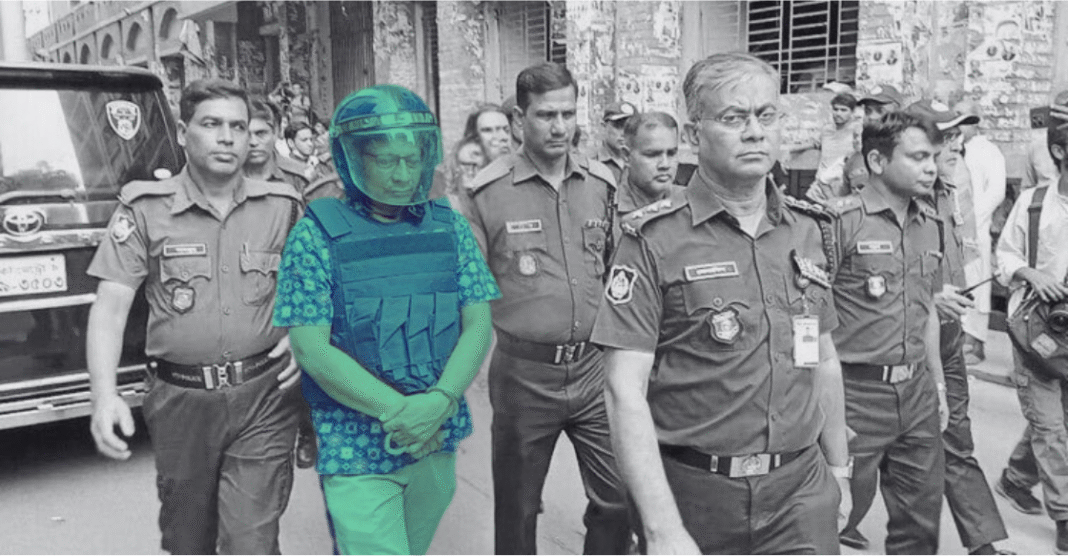In a dramatic twist that could reshape the political narrative of Bangladesh, former Inspector General of Police (IGP) Chowdhury Abdullah Al Mamun has confessed in court to being involved in killings and crimes against humanity during the July-August protest movement. The International Crimes Tribunal, in a written order published on Saturday, stated that it will consider granting clemency if Mamun discloses the full truth behind those events—including the role of senior officials and co-accused.
This comes just two days after formal charges were framed against three high-profile figures: Prime Minister Sheikh Hasina, former Home Minister Asaduzzaman Khan Kamal, and Mamun himself. They stand accused of orchestrating and executing a brutal state crackdown that led to mass deaths and disappearances during a period of political upheaval.
The Confession That Changed Everything
During the July 10 hearing, the presiding judge asked Mamun directly whether he accepted the charges. What followed stunned the courtroom.
“The allegations against us from the July-August movement—murder, massacre—they are true,” Mamun told the court.
“I take responsibility for my role. I want to become a state witness and present the full picture of what happened.”
This statement, delivered without legal prompting, marked the first public admission of guilt from a top-level security official in what has become one of Bangladesh’s most sensitive and politically explosive cases.
Tribunal Responds with Conditional Support
In its July 12 written directive, the tribunal confirmed that Mamun would be treated as a key witness if he provides full cooperation. Authorities have been ordered to:
- Summon Mamun at an appropriate time to testify.
- Ensure his security in custody, including holding him in a separate cell.
- Monitor the progress of his disclosures to determine whether a clemency recommendation may be made.
The tribunal made it clear: truth and transparency will be rewarded—but not at the cost of justice.
A Case That Could Shake the Establishment
The charges stem from the 2026 protests that erupted nationwide over election-related grievances, economic inequality, and calls for democratic reforms. Human rights organizations documented widespread reports of extrajudicial killings, state violence, and disappearances during those months.
The inclusion of a sitting prime minister and two former top security officials in the indictment is already unprecedented. Mamun’s confession and request to turn state witness now threaten to explode long-held secrets within Bangladesh’s state machinery.
Political analysts believe that if Mamun provides credible, corroborated testimony, it could lead to further arrests, international pressure, and possibly the first tribunal conviction of active or recently-serving government figures in the country’s history.
A Fragile Truth Begins to Unfold
Outside the court, reaction has been mixed. Some see Mamun’s confession as a turning point—proof that no one is above the law. Others are skeptical, viewing it as a political ploy or an attempt to shift blame to save himself.
Meanwhile, families of victims from the July-August unrest say they are watching closely. For them, this case is not about politics—it’s about justice long delayed.
Final Thought: The Cost of Silence, The Weight of Truth
The confession of Chowdhury Abdullah Al Mamun is not just a legal development. It’s a crack in the wall of impunity that has long defined Bangladesh’s most powerful institutions. Whether that crack widens or is quietly patched over remains to be seen.
But for now, the truth has entered the courtroom. And the country is listening.

